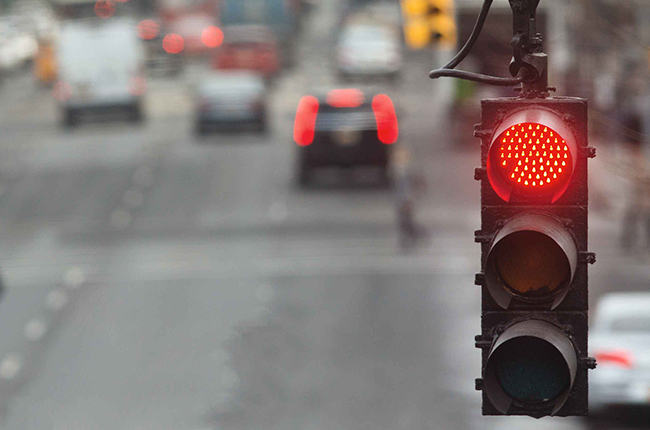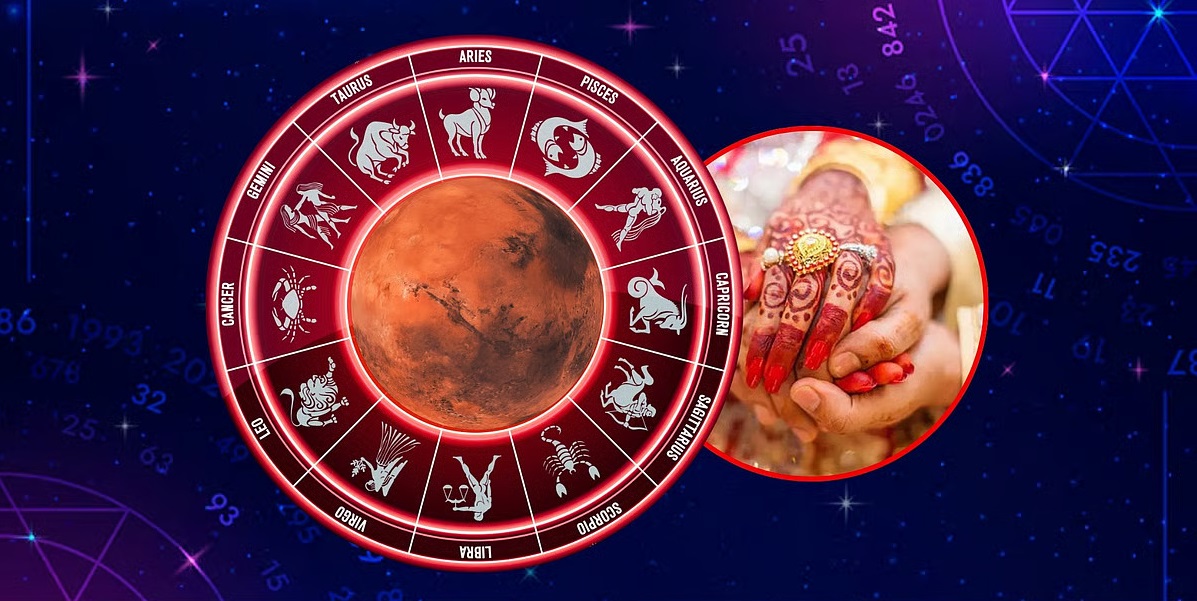🚦 Introduction: Small Rule, Big Impact
You’re at a red light. A biker zooms past.
You’re standing near a dustbin. Someone throws garbage right next to it.
You think:
“Why do people break such simple rules—and not even feel bad about it?”
Rule-breaking in public spaces is so common, it’s almost become normal. But this behaviour isn’t just about bad habits.
It’s rooted in psychology, environment, and social conditioning.
In this post, let’s decode the real reasons people break everyday rules—and how we can shift this mindset.
🧠 1. “I Won’t Get Caught” – Lack of Consequences
Most rule-breaking stems from this simple idea:
“What’s the worst that can happen?”
No police officer at the signal? Jump it.
No camera near the dustbin? Litter it.
No penalty for spitting? Do it anyway.
When rules exist without enforcement, they become suggestions, not obligations.
🤷 2. The False Sense of Urgency
People break rules because they overestimate the importance of their time.
“I can’t wait 40 seconds at a red light.”
“Why walk 10 steps to the bin?”
In that moment, convenience beats conscience.
👀 3. Everyone Else Is Doing It
This is called social proof—we copy others, especially in public.
If 5 people are jaywalking or spitting, we think:
“If they’re doing it, it must be okay.”
In psychology, this herd behaviour dilutes personal responsibility.
🧒 4. No Early Conditioning
Most schools and homes focus on:
Academic success
Discipline inside the house
Respect for elders
But respect for public rules is rarely emphasised or demonstrated.
Without early civic education, adults grow up thinking rules are optional, especially in public.
😐 5. Low Emotional Connection to Public Spaces
We treat our homes with care, but:
Tear bus seats
Litter parks
Urinate in corners
Why? Because we don’t feel a sense of ownership.
“It’s not mine. Let the government clean it.”
This disconnect leads to careless public behaviour.
🧱 6. Flawed Belief: One Person Doesn’t Matter
“What difference will one plastic wrapper make?”
“Everyone breaks the signal—it doesn’t matter if I do too.”
This mindset is disempowering and dangerous. Millions of people thinking this way leads to:
Overflowing garbage
Dangerous roads
Ugly cityscapes
🧪 7. Risk vs. Reward Psychology
In behavioural science, people make decisions based on:
Perceived benefit (faster route, less effort)
Perceived risk (fine, shame, injury)
If the benefit of breaking the rule seems greater than the risk of getting caught, people will break it.
🧩 Real-World Examples
| Rule Broken | Real Thought Behind It |
|---|---|
| Jumping red light | “I’m late, and no cop’s around.” |
| Littering next to dustbin | “Too far. One wrapper won’t matter.” |
| Smoking in public places | “Others are doing it. No one will stop me.” |
| Wrong-side driving | “Shortcuts save time. Everyone does it here.” |
| Parking in no-parking zone | “It’s only for 5 minutes. What’s the big deal?” |
Each act seems small, but it adds up to a large-scale civic failure.
🧠 The Deeper Psychology: Cognitive Biases at Play
Here are the mental traps people fall into:
Optimism Bias: “Nothing bad will happen to me.”
Bystander Effect: “Let someone else fix it.”
Normalisation: “This is how things are done here.”
Deindividuation: “In a crowd, I don’t feel accountable.”
🛠️ How to Break the Rule-Breaking Habit
✅ 1. Start With Self-Awareness
Ask yourself:
Do I treat public places like my home?
Do I follow rules only when someone’s watching?
Awareness leads to change.
✅ 2. Lead by Example
Be the one who:
Waits at red lights
Uses dustbins
Follows lanes
Corrects others politely
“One person doing right influences 10 more.”
✅ 3. Support Better Infrastructure
Many break the rules because:
Dustbins are missing
Signals are confusing
Toilets are dirty
Civic behaviour thrives when infrastructure supports it. Demand better from authorities—but do your part too.
✅ 4. Encourage Public Accountability
Apps, local communities, and resident welfare groups can:
Report violations
Encourage clean-up drives
Reward good behaviour
Public behaviour improves with public participation.
🔚 Final Thoughts: Rules Are Not Restrictions — They’re Respect
Jumping signals, littering streets, ignoring civic sense—these are not harmless actions.
They shape the character of our society.
“A great nation is not built by laws alone, but by how its people live those laws.”
The change begins with you.












Recent Comments
No comments yet.